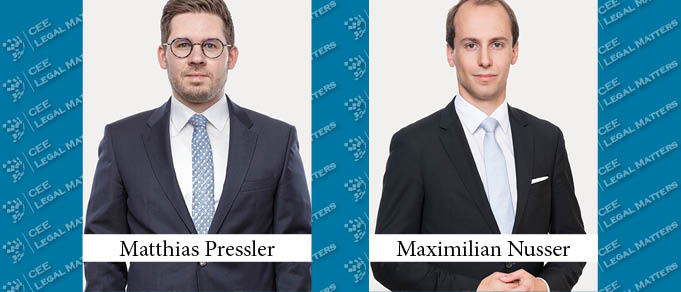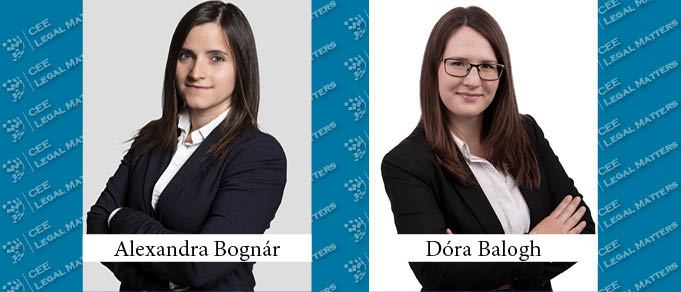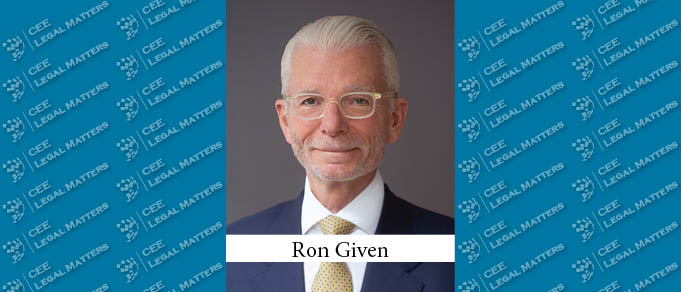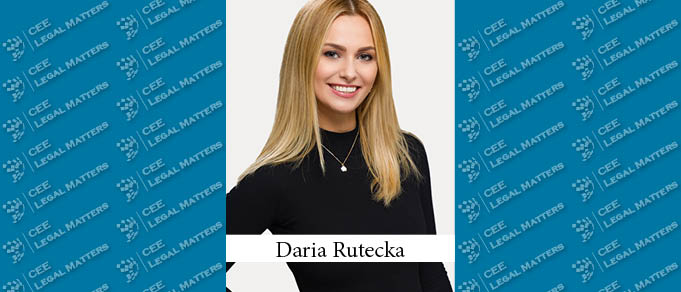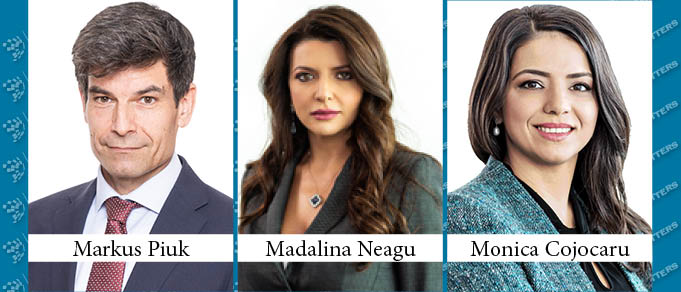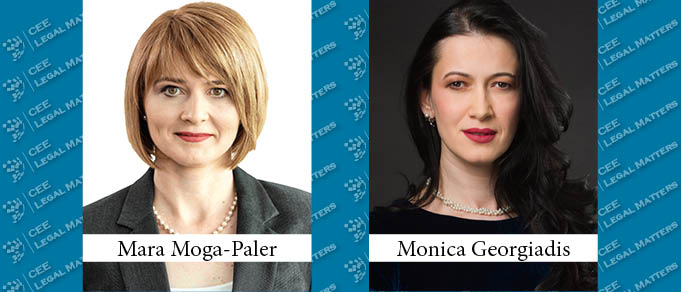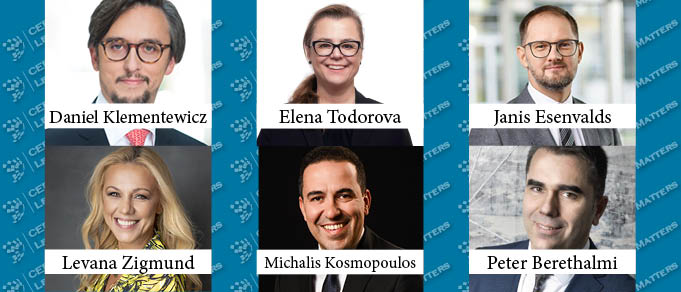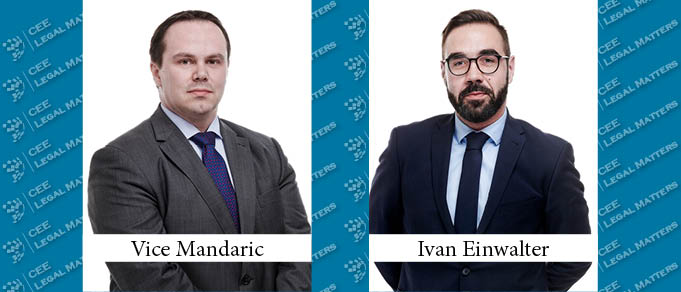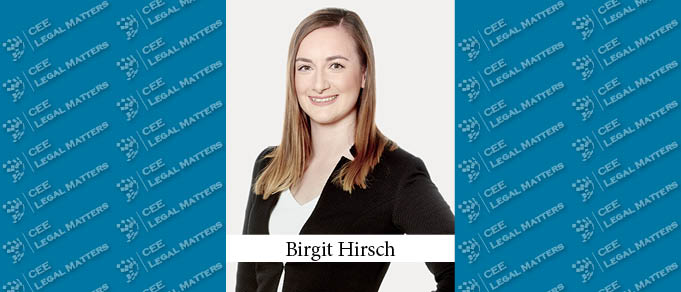Schoenherr has advised Austria's Altstoff Recycling on a cooperation agreement for the construction of a new sorting plant in Upper Austria with Duales System Deutschland and Bernegger.
Schoenherr Advises Banca Intesa Beograd on Big Fashion Park Project Financing
Schoenherr has advised Banca Intesa Beograd on providing EUR 26 million loans to Israeli Big Group company Minel Kotlogradnja Real Estate.
Dorda Among Plethora of Firms Advising on DigitalBridge's Acquisition of GD Towers
Dorda has advised the DigitalBridge Group on its joint acquisition with Brookfield Infrastructure and its institutional partners of a 51% stake in GD Towers from Deutsche Telekom. E+H and Latham and Watkins advised the bidding consortium of GIP, KKR, and Stonepeak. Reportedly, Allen & Overy and Morgan Lewis also advised DigitalBridge, Freshfields and Weil, Gotshal & Manges advised Brookfield Infrastructure, while, on the sell side, Gleiss Lutz, Noerr, CMS, Schoenherr, Cuatrecasas, and Freshfields advised Deutsche Telekom on the deal.
New EBA Guidelines on the Limited Network Exemption Under PSD2: Reevaluation and Resubmission of Existing Notifications Needed
Earlier this year the European Banking Authority (EBA) published the final Guidelines on the limited network exemption (LNE) under the Payment Service Directive 2 (PSD2). Following the consultation phase initiated by the draft, further clarifications were added which are relevant to all service providers who plan to rely on the exclusion as well as those who already do.
Could Airlines be Fined for Increasing their Prices?
In Hungary the Government recently issued a decree introducing extra profit taxes affecting several sectors, among others the aviation sector. Pursuant to the Governmental decree, as of 1 July 2022 an extra profittax is payable by ground handling companies based on the number of passengers departing from Hungary, with the exception of transit passengers. The new special tax is HUF 3,900 (approx. EUR 10) or HUF 9,750 (approx. EUR 25) per passenger depending on the passenger's final destination.
NNDKP Advises Staffbase on Acquisition of Dirico
Nestor Nestor Diculescu Kingston Petersen, working with Luther, has advised Staffbase on its acquisition of the Romanian Dirico entity from 247Grad Labs. Schoenherr reportedly advised the sellers.
Has Coaching’s Time Come for Central European Law Firms?
Although in most respects the law firm business in Central Europe is on par with other sophisticated practices in the rest of the world, coaching is one thing that has not been as widely adopted as elsewhere. This article addresses the questions of what coaching is, what it offers lawyers and law firms, and whether it should be more widely embraced by the legal profession in Central Europe.
Controversial Article 17 in Polish Case C-401/19
Ever since the Directive on Copyright in the Digital Single Market (the "Directive") was adopted back in April 2019, its contents, especially regarding the liability of certain service providers, have sparked many controversies. According to the explanations provided by the European Council, the Directive's main goal was to protect press publication and reduce the "value gap" between the profits made by two main "entities": internet platforms and content creators. The Directive aimed to enhance collaboration between these two groups and to create copyright exceptions for text- and data-mining. However, Article 17 of the Directive proved difficult to accept within the internet sharing platform environment, as it replaces the "mere conduit" exemption from copyright infringement of online content sharing of the platform with a conditional exemption. Article 17 prohibits internet platforms from sharing and displaying unlicensed copyrighted contents on behalf of users.
Schoenherr Advises Nexi on Acquisition of Intesa Sanpaolo Merchant Acquiring Business in Croatia
Schoenherr, working with Legance, has advised Nexi on its agreement with Privredna Banka Zagreb and Intesa Sanpaolo-controlled company PBZ Card to purchase PBZ Card’s merchant acquiring business in Croatia for EUR 180 million. Reportedly, PwC Legal and KPMG Legal advised Intesa Sanpaolo.
EU: Commission Proposal to Implement the FATF Travel Rule: Speed Bumps Ahead for Crypto-asset Transfers?
On 29 June 2022, the Council and the European Parliament reached a provisional agreement on the text regarding the European Commission's proposal for a recast of Regulation (EU) 2015/847 (also referred to as the Transfer of Funds Regulation ("TFR")).
Schoenherr Advises Caverion on Acquisition of Porreal
Schoenherr has advised Caverion Oesterreich on the acquisition of Porreal and its subsidiary Alea. Beira Rechtsanwaelte reportedly advised Porr AG on the sale.
Dealmaking on Shifting Sands
Change and unpredictability, among the top keywords that could best describe the past couple of years, did little to affect the overall Romanian M&A market. Publicly available figures show that dealmaking saw a strong rebound in 2021 in terms of deal numbers. The main sectors on investors’ radar were real estate and construction, IT&C, energy (with a growing focus on renewables), manufacturing and industrials, pharmaceuticals, and healthcare.
Employment Considerations on the Romanian Gig Economy
With the fast-paced development of applications in nearly every sector of the service industry and the advent of virtual services, Romania witnessed a rise in the number of people employed in the gig economy. CEE Legal Matters sat down with DLA Piper Head of Employment Monica Georgiadis and Schoenherr Head of Employment Mara Moga-Paler in Romania to discuss the legislative framework regulating gig workers, the labor risks and challenges they face, and the ways in which these might be addressed.
Recovery and Resilience Plans in CEE: Overview and Implementation
Entering into force on February 19, 2021, the EU Recovery and Resilience Facility aimed, according to the European Commission, “to mitigate the economic and social impact of the coronavirus pandemic and make European economies and societies more sustainable, resilient, and better prepared for the challenges and opportunities of the green and digital transitions.” CEE Legal Matters spoke with lawyers from Bulgaria, Greece, Hungary, Latvia, Poland, and Romania to learn what each country focused on, with its Recovery and Resilience Plan (RRP), and what difficulties lie ahead, now that these plans have been submitted to the EC.
Strike! Law Firms Compete in 5th CEELM Budapest Law Firm Bowling Challenge
On June 30, 2022, CEE Legal Matters hosted the fifth edition of the CEELM Budapest Law Firm Bowling Challenge: A competition of four-person teams from leading law firms in Hungary, with all proceeds going to the previous winner’s charity of choice. A total of 13 law firms competed for the trophy – and the bragging rights that go along with it.
Vice Mandaric and Ivan Einwalter Make Local Partner at Schoenherr
Schoenherr has announced that Croatian cooperating firm Mandaric & Einwalter's Partners Vice Mandaric and Ivan Einwalter have been appointed as Local Partners with Schoenherr’s Croatian office.
EU: How to Rescue a Design
Have you ever wondered whether you can modify a registered community design ("RCD") that is challenged by an application for declaration of invalidity by removing certain prohibited design elements to maintain the registration?
Schoenherr Advises Wienerberger on Acquisition of Vargon
Schoenherr has advised Wienerberger on its acquisition of Vargon. Buterin & Partneri reportedly advised the sellers on the deal.




